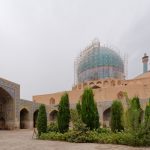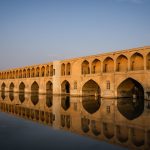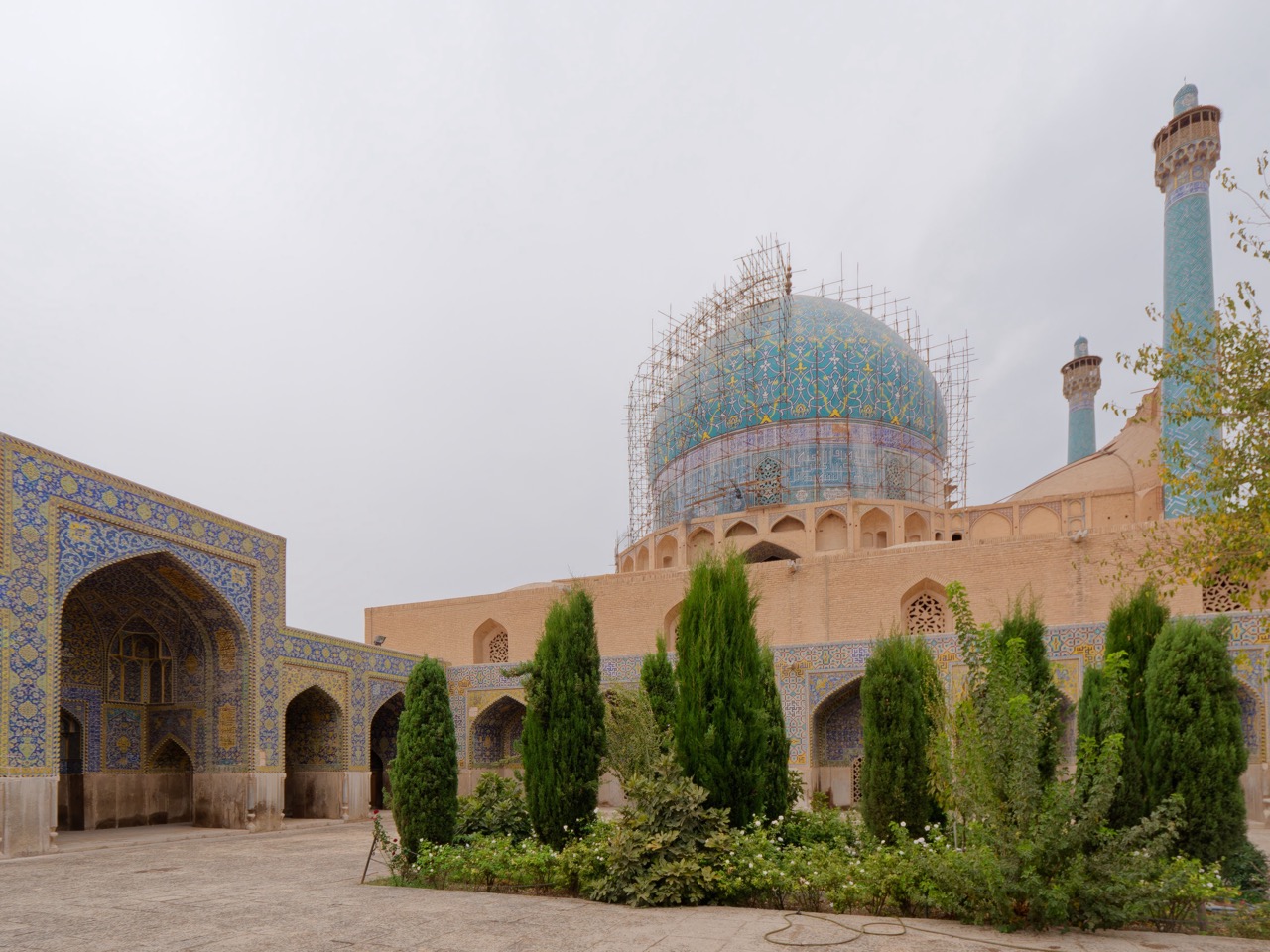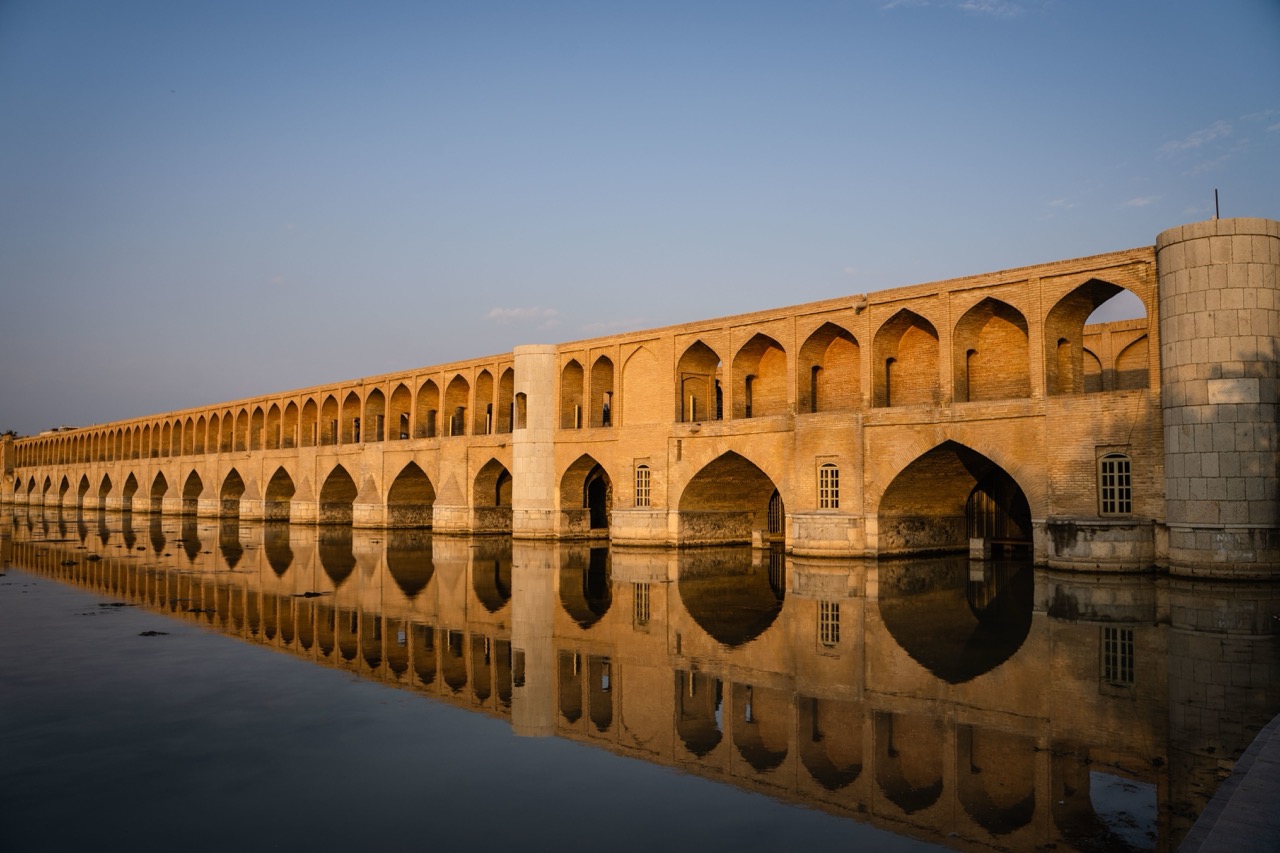The Persian Empire, spanning from the 6th century BCE until its eventual decline in the 7th century CE, was one of the most formidable and influential empires in history. With its vast territory extending from the Indus Valley to the Mediterranean Sea, the Persian Empire not only shaped the political landscape of its time but also left an indelible mark on Western civilization. This article explores the multifaceted legacy of the Persian Empire, examining its cultural, administrative, and philosophical influences that continue to resonate in the modern world.
The Rise of the Persian Empire: A Historical Overview
The Persian Empire’s ascent began under Cyrus the Great in the 6th century BCE, uniting various tribes and kingdoms into a vast empire that stretched across three continents. Through strategic conquests and diplomatic marriages, Cyrus and his successors, such as Darius and Xerxes, expanded their influence, creating one of the largest empires in history. The empire was characterized by remarkable administrative efficiency, respect for the cultures of conquered peoples, and the establishment of a complex network of roads that facilitated communication and trade.
By the time of its zenith, the Persian Empire had developed a sophisticated bureaucracy that allowed it to manage diverse populations and vast territories effectively. This structure included satrapies—provincial governors who maintained local order while reporting to the central authority in Persepolis. The empire’s multifaceted governance laid the groundwork for later political systems in the West, demonstrating the importance of centralized authority blended with local autonomy.
Cultural Exchanges Between Persia and the West
The Persian Empire was a nexus of cultural exchange, where diverse peoples and traditions converged. As a melting pot of languages, religions, and customs, it fostered a rich tapestry of interactions that influenced both Eastern and Western civilizations. The Persian rulers often adopted elements from the cultures they conquered, promoting a spirit of tolerance and mutual respect that allowed for the flourishing of arts, sciences, and philosophy.
Trade and travel along the famed Silk Road facilitated the exchange of ideas and goods, with Persian influence reaching far beyond its borders. Greek historians like Herodotus documented the interactions between the Persians and Greeks, showcasing the admiration and conflict that characterized their relationships. These exchanges not only enriched both cultures but also laid the groundwork for future interactions between East and West, with the Persian model often serving as a blueprint for governance and cultural integration.
Persian Innovations in Governance and Administration
The Persian Empire is often credited with significant innovations in governance that have echoed through history. One of the most notable contributions was the establishment of a bureaucratic system that allowed for effective administration over a vast and diverse empire. This system was characterized by the use of satrapies, which enabled local governance while maintaining centralized control. Such administrative structures influenced later empires, including the Roman and Byzantine, which adopted similar provincial systems to manage their territories.
Additionally, the Persian postal system, known as the "Angarium," was revolutionary for its time. It allowed for rapid communication across vast distances, facilitating trade and governance. The use of standardized weights and measures further streamlined trade and interaction between different parts of the empire. These administrative advancements not only enhanced the efficiency of the Persian Empire but also set the stage for modern government practices that prioritize organization and communication.
The Persian Religion: Zoroastrianism’s Legacy
Zoroastrianism, the predominant religion of the Persian Empire, was founded by the prophet Zoroaster in the 6th century BCE. This dualistic faith centered on the struggle between Ahura Mazda, the god of light and truth, and Angra Mainyu, the spirit of darkness and falsehood. Zoroastrianism emphasized concepts of morality, judgment, and the afterlife that resonated with later Abrahamic religions, particularly Judaism, Christianity, and Islam.
The influence of Zoroastrianism extended beyond religious beliefs; its ethical framework and cosmology impacted Western thought significantly. The ideas of good versus evil, the importance of individual choice, and the notion of a final judgment were integrated into various religious and philosophical systems that emerged in the West. This legacy underscores the profound ways in which Persian religious thought contributed to the spiritual and ethical foundations of Western civilization.
Persian Art and Architecture: A Blend of Styles
Persian art and architecture are distinguished by their intricate designs, vibrant colors, and a unique synthesis of various cultural influences. The architectural achievements of the Persians, such as the grand palaces of Persepolis, exemplify a blend of native and borrowed styles, incorporating elements from Mesopotamian, Egyptian, and Greek architecture. The use of monumental columns, vast courtyards, and elaborate reliefs reflects the empire’s wealth and artistic sophistication.
Moreover, Persian decorative arts, including pottery, textiles, and metalwork, showcase a similar fusion of styles and techniques. The intricate designs often featured motifs inspired by nature, such as floral patterns and animal forms, symbolizing the interconnectedness of life. This artistic legacy not only enriched the culture within the Persian Empire but also influenced Western artistic traditions, particularly during the Renaissance, when Persian designs found their way into European art and architecture.
Trade Routes: The Persian Empire and Economic Impact
The Persian Empire’s strategic location allowed it to become a central player in global trade networks. The establishment of the Royal Road, which connected various regions within the empire, facilitated commerce and communication, significantly impacting economic development in the ancient world. This vast network of trade routes enabled the exchange of goods, ideas, and technologies, linking the East with the West.
The economic impact of the Persian Empire extended beyond its own borders, as goods such as silk, spices, and precious metals were transported across its territories. The empire’s emphasis on trade and economic integration fostered mutual dependence among various cultures. This emphasis on commerce laid a foundation for the economic principles that would later emerge in Western societies, highlighting the role of trade in cultural and economic development.
The Influence of Persian Philosophy on Western Thought
Persian philosophy, particularly the works of Zoroastrian thinkers and later philosophers such as Avicenna, contributed to the intellectual currents that shaped Western thought. The emphasis on reason, ethics, and the nature of existence in Persian philosophical traditions found resonance in Greek philosophy, particularly in the works of figures like Plato and Aristotle. This exchange of ideas was facilitated through translations and interactions between scholars of the Persian and Hellenistic worlds.
The philosophical dialogues that emerged from these exchanges often addressed fundamental questions about morality, existence, and the nature of knowledge. The integration of Persian thought into Western philosophy enriched the intellectual landscape, paving the way for the development of metaphysics, ethics, and epistemology during the medieval period and beyond. This interconnectedness demonstrates the profound impact of Persian philosophy on the evolution of Western intellectual traditions.
Military Strategies: Persian Tactics and Western Adaptation
The Persian Empire was known for its innovative military strategies, which often combined diplomacy with military might. The Persian army utilized a diverse range of troops, including cavalry, infantry, and archers, allowing for flexible and adaptive tactics in various terrains. This emphasis on logistical organization and strategic planning set the stage for military innovations that influenced later Western military practices.
Moreover, the Persian approach to warfare often emphasized psychological tactics, using diplomacy and propaganda to weaken enemy morale before engaging in combat. The concept of a multi-faceted military strategy, which included both direct confrontation and alliances, was later adopted by Western leaders and military strategists. The lessons learned from Persian military campaigns contributed to the evolution of warfare in the Western world, demonstrating the empire’s lasting influence on military thought and practice.
The Role of Language and Literature in Cultural Sharing
The Persian Empire was a melting pot of languages and cultures, which facilitated rich literary exchanges. Persian language and literature flourished, producing significant works that drew upon various cultural traditions. The poetry of Rumi and Hafez, for instance, transcended cultural boundaries, influencing both Eastern and Western literary traditions. This cross-pollination of ideas helped cultivate a shared literary heritage that continues to be celebrated today.
Literary contributions from the Persian Empire also included historical texts that documented the empire’s vast history and culture. These writings not only served as historical records but also provided insights into the social and political life of the time. The translation of Persian literary works into Greek and later Latin allowed for the dissemination of Persian ideas, enriching Western literature and fostering a greater appreciation for the complexities of Persian culture.
The Persian Empire’s influence on Western civilization is both profound and enduring. Through its innovations in governance, cultural exchanges, religious thought, and artistic achievements, the empire laid the groundwork for many aspects of modern society. The legacy of the Persian Empire is not merely a chapter in history but an integral part of the narrative that shaped the course of Western civilization. As we continue to explore the interconnectedness of cultures, the contributions of the Persian Empire remain a testament to the power of ideas, trade, and cooperation across civilizations.










